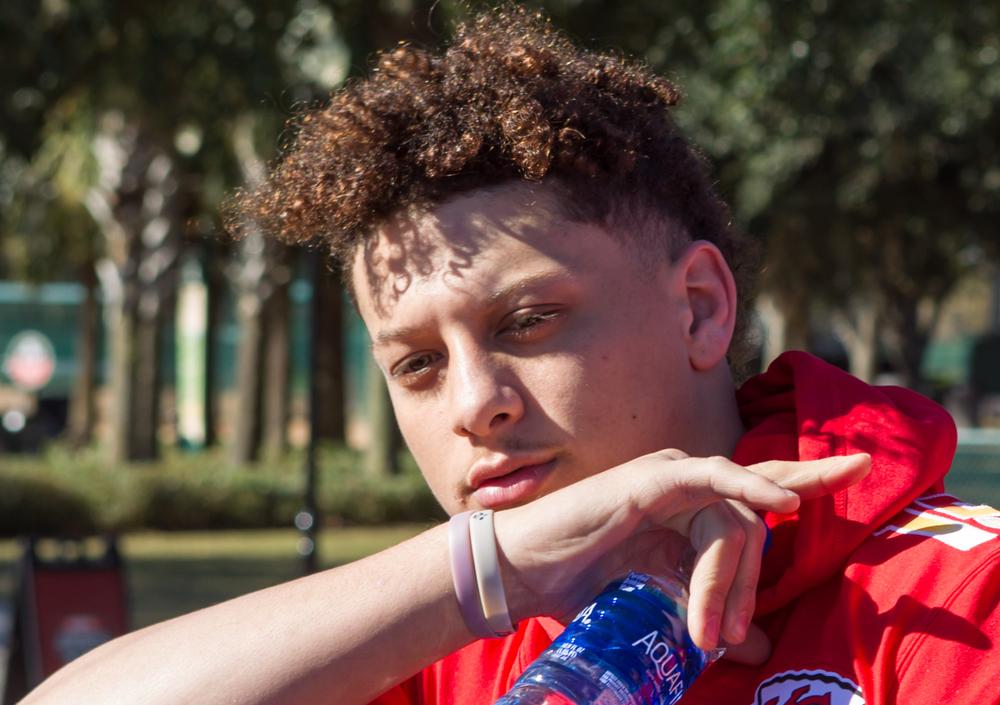
I was pondering the Coleman Image Pyramid this week, (Jon Coleman would be happy because I think about it a lot.)
It’s a handy way to think about what it takes to become a successful (music) radio station in our highly complex media environment. Since its inception, Coleman has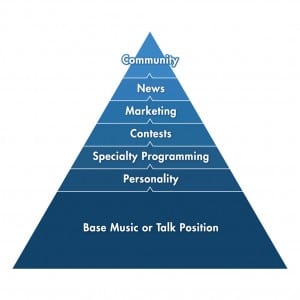 insisted the foundation of a radio station brand should be ownership of a mass appeal music genre. This typically means mainstream formats like Adult Contemporary, Classic Rock, Hip-Hop, Country, or Top 40. Less popular formats – think Jazz, Triple A, Classical – can differentiate stations in a crowded marketplace, but it’s usually a tough putt with these more narrow music types.
insisted the foundation of a radio station brand should be ownership of a mass appeal music genre. This typically means mainstream formats like Adult Contemporary, Classic Rock, Hip-Hop, Country, or Top 40. Less popular formats – think Jazz, Triple A, Classical – can differentiate stations in a crowded marketplace, but it’s usually a tough putt with these more narrow music types.
As you move up the pyramid, other attributes come into play – personality, contests and promotions, and community service among them. So, while hosts may not be #1 in Coleman’s music hierarchy, they still rate very highly.
If I were reformatting the pyramid (and no, they haven’t asked), I’d do a bit of rejiggering and place personalities as the base. Why? First, while it’s usually much harder to find and coach outsized personalities, they almost always are key variables in a station’s success.
And second, they are usually unique and interesting beings, making it difficult for competitor stations to copy them. Assuming your contracts are all buttoned up, a great personality and/or show can make significant contributions to a station brand for years, sometimes even decades. They also tend to matter in the advertising world, featuring distinguishing assets and talent that can animate a brand and make indelible impressions in the local community.
This week, the analogy that keeps coming to mind is NFL Football. Conveniently, Tom Brady had an off-year and then finally retired (for good?) last week. And that provides a clear path for his unconditional replacement as league superstar, the Kansas City Chief’s Patrick Mahomes (pictured above).
This is not to take anything away from the Philadelphia Eagles and their very fine quarterback, Jalen Hurts. In fact, the league is loaded at the moment with stellar talent at the all-important quarterback position – Joe Burrow, Josh Allen, Justin Fields, Brock Purdy, and Trevor Laurence immediately come to mind. But Mahomes is in a class by himself.
He’s still young (27), he’s already won a Super Bowl (2019), he’s successfully repping many products in commercials, and he has a great storyline. He is also reputed to be a great guy off the field.
Mahomes isn’t just the face of the Kansas City Chiefs; he’s arguably the most popular and perhaps most talented in the NFL. But the true test may be anecdotal, and I believe a true phenomenon. Mahomes is cutting through with people who aren’t football fans, but they know who he is and they like him. I’ve chatted with a number of people since the Chiefs and Eagles clinched who will be watching the Big Game because of Mahomes – and not just the commercials or Rihanna at halftime. They may not understand an onside kick or intentional grounding, but they know who the quarterback of the Chiefs is, and they’re rooting for him to win another ring on Sunday.
And they’ll be buying his merch, watching commercials during the game, and will otherwise be more engaged with the Super Bowl because Mahomes is the face of the franchise known as the National Football League. Yes, Chiefs fans, he’s yours. But he’s also ours. That’s how special he’s become to the game.

There are people like this in radio, too. The old timers will tell you there used to be more of these franchise players across the AM and FM dials than there are today. That’s probably true. But today’s radio listeners don’t care. If they’re partial to a personality or a show, it doesn’t matter that someone back in the 80’s had a bigger cume.
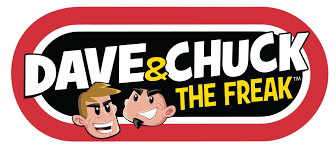 I’ve seen that happening with Dave & Chuck the Freak at WRIF, my alma mater in Detroit. To their fans in the Motor City, they are a must-listen show that defines Detroit radio. It doesn’t matter they were proceeded by greats like Dick Purtan, Drew & Mike, or even the late, great J.P.McCarthy on WJR. Their history is being written right now today. In 2023, radio listeners will tell you Dave & Chuck are the best show they’ve ever heard. And it is.
I’ve seen that happening with Dave & Chuck the Freak at WRIF, my alma mater in Detroit. To their fans in the Motor City, they are a must-listen show that defines Detroit radio. It doesn’t matter they were proceeded by greats like Dick Purtan, Drew & Mike, or even the late, great J.P.McCarthy on WJR. Their history is being written right now today. In 2023, radio listeners will tell you Dave & Chuck are the best show they’ve ever heard. And it is.
Fortunately for the radio business, these bigger-than-life personalities still have presence in many markets. They are the faces of their franchises – their stations – and they’re, impossible to truly value. But you learn – the hard way oftentimes – when you lose them. They’re not just about ratings points. Those are mere metrics. They have a presence with listeners, with advertisers, with the community. When you lose one, it hurts on so many different levels.
I worked for a market manager once who used to occasionally find himself in frustrating negotiations with talent and agents. Those were the moments when talent’s requests (or demands) was for what he called “crazy money.”
When he got exasperated, he’d often refer to the talent in question and declare, “No one’s bigger than the radio station.”
But he was wrong. Some shows and hosts are bigger than the brand. You cannot calculate their ROI because they are so intertwined with the station. Besides the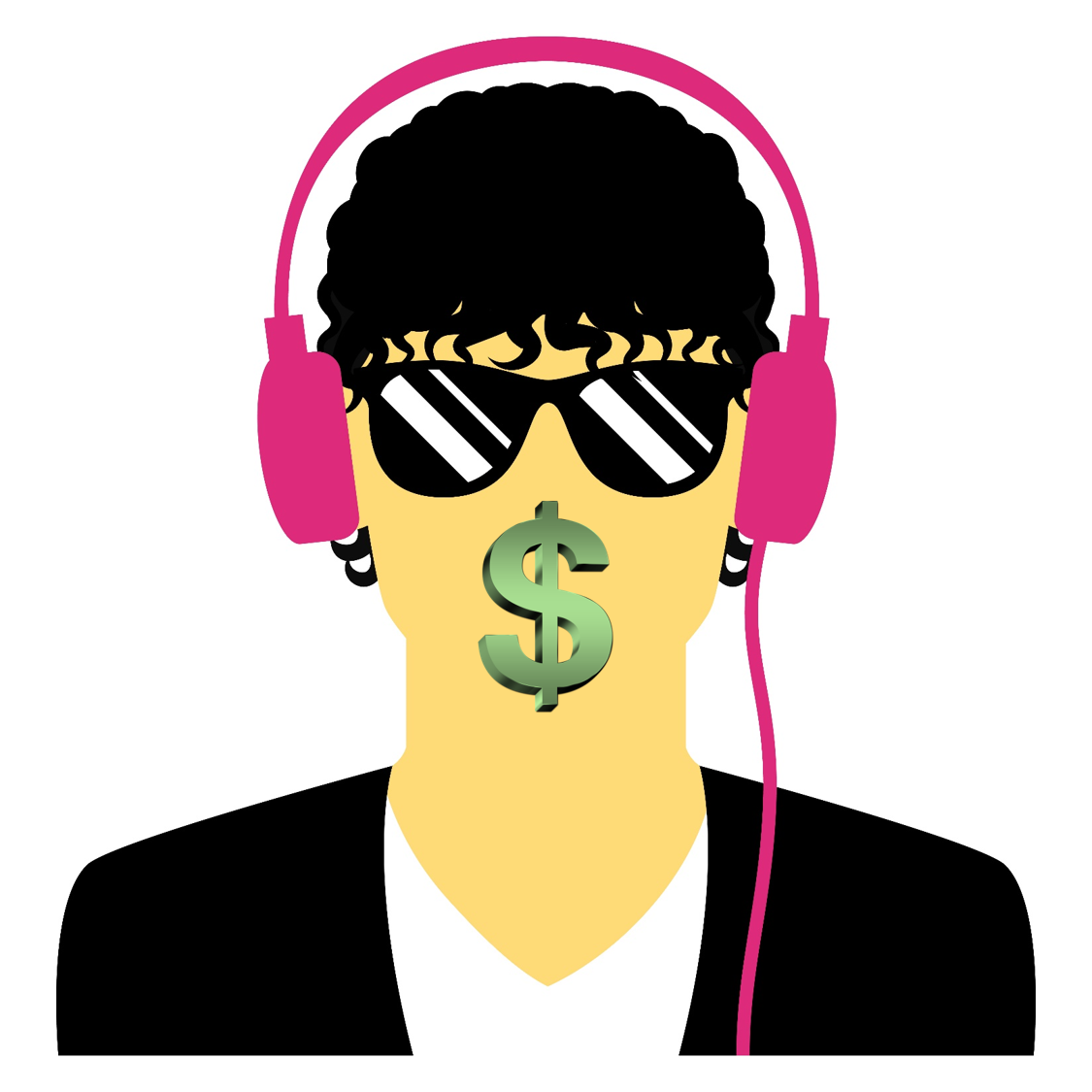 ratings, there are the intangibles – the things that don’t show up on the stats page or the rankers. Great managers and tuned-in ownership have a sense for the intrinsic value of these contributions. They matter, not just to the bottom line, but to the depth of the brand itself.
ratings, there are the intangibles – the things that don’t show up on the stats page or the rankers. Great managers and tuned-in ownership have a sense for the intrinsic value of these contributions. They matter, not just to the bottom line, but to the depth of the brand itself.
That doesn’t mean you give in during every contract cycle and just back the money truck up to their homes. There is always room for negotiation, give and take, bargaining chips, and other variables that come into play. Good managers know how to play this game, realizing their main mission is to find a way to retain talent and keep them happy. Franchise players have to be treated well, they need recognition from ownership, and they need to work with coaches and staffers who appreciate who they are and what they contribute.
I was thinking about these situations last week when I wrote the post, “No One Listens To The Radio Anymore.” Many of you read it, commented publicly and pulled me aside privately. It goes to the essence of why fans who have exponentially more media and entertainment choices continue to listen to our personalities.
One highly respected broadcaster told me how radio’s “93% argument” misses the point. Consumers aren’t loyal to “the radio” or even most stations. They form attachments and bonds to our people, our hosts, our shows. The example I talked about in the post was a young college grad who first swore she didn’t listen to the radio. But it turned out she sure listened to Gregr, the morning guy at KNDD in Seattle.
I cannot quantify the look on her face when I told her I knew Greg and worked with The End. All of a sudden, she wanted to talk to me to find out more about her hometown hero, “the face of the franchise.”
It makes you wonder why stations that are lucky enough to have these rare personalities and shows don’t market and promote them. After all, when you look at the entire local cluster, chances are it’s that one station with that megawatt talent that people talk about. Because of the talent, it’s the station they want to be associated with. And it’s a rare station that actually has a couple of great stars – like Patrick Mahomes and say, tight end Travis Kelce.
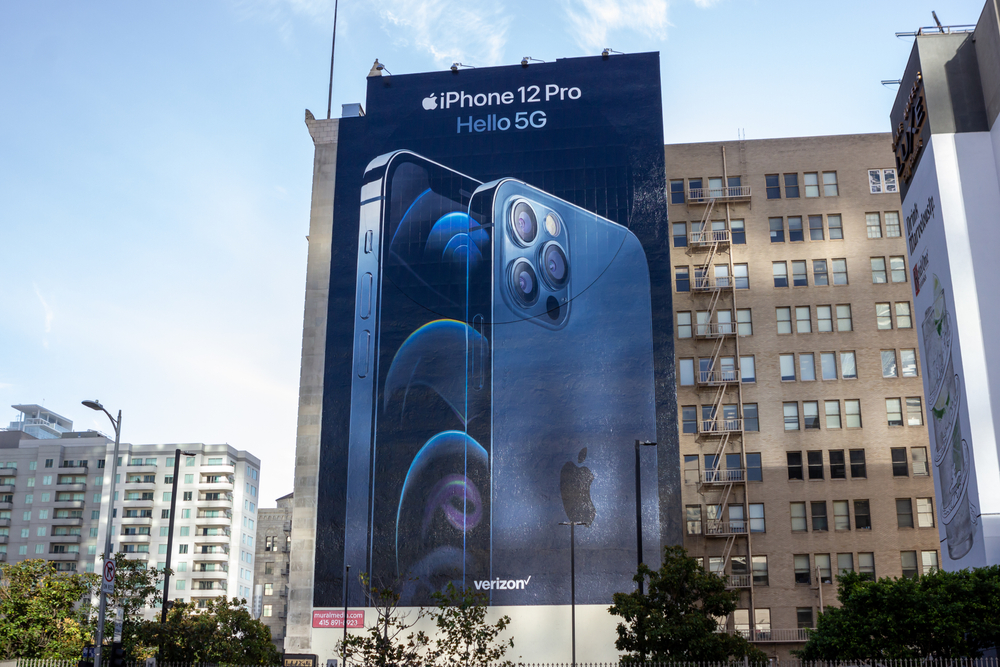 In much the same way Apple continues to market the face of its franchise – the iPhone – on billboards, TV, social ads, and even sides of buildings, radio companies would do themselves – and their industry – a service by promoting these local personality franchises that consumers can’t hear on Spotify, SiriusXM, YouTube, or TikTok.
In much the same way Apple continues to market the face of its franchise – the iPhone – on billboards, TV, social ads, and even sides of buildings, radio companies would do themselves – and their industry – a service by promoting these local personality franchises that consumers can’t hear on Spotify, SiriusXM, YouTube, or TikTok.
These greats are live, local, present, and connected in their hometown markets, day in and day out. They provide companionship, they make people feel better when they’re down, and they keep listeners engaged with what’s going on in their cities and towns, with their sports teams and local politicians, as well as local restaurants, bars, concerts, and other cultural touchpoints. They are not just talented personalities, they are the brand’s ambassadors.
Beyond the audience, of course, there’s the advertisers. They have more options than ever, and far too many have bought into the “No one listens to radio” meme. Stations that are the “Best Hits of the 80s, 90s, and Now” a dime a dozen, commodities for negotiating the lowest rate possible. There’s no compelling reason to buy them outside of cost efficiency. By their very existence they might provide reach, but they lack the ability to provide stickiness, engagement, and brand lift. But giving advertisers the opportunity to attach themselves to a unique morning show with a captive audience? Well as brother Paul would say, “That’s sales gold.”
And they are the antidote and the answer to “No one listens to the radio.” They are live, vital, and in the moment. And they provide the “cume urgency,” the need to listen today to make sure you didn’t miss anything. They engender loyalty and connectedness.
None of this to say the other stations in the cluster don’t matter, because they do. But chances are, they aren’t especially promotable. And at a time in radio when marketing dollars are precious and scarce, why wouldn’t a broadcaster put their promotional heft behind a personality or show that matters and one that’s likely to produce a return on that marketing investment?
In your market, they are tangible reasons why radio still very much matters. And the last thing they should feel is being taken for granted.
And yet, that where the radio broadcasting industry in the U.S. is positioned in 2023. More than eight in ten DIs, shows, and hosts feel like their contributions are often falling on deaf ears. Nearly half strongly believe their efforts are being overlooked.
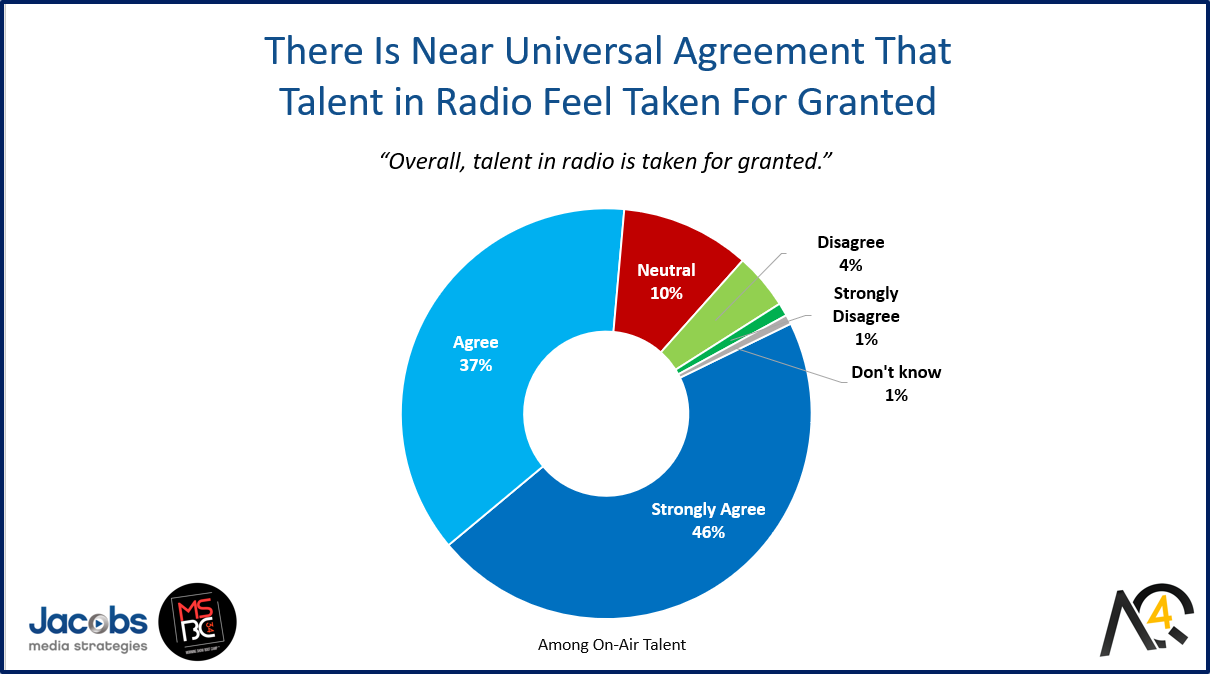
There’s a lot that can and will be said about Patrick Mahomes in the coming days, months, and years. But one of them likely won’t revolve around how Coach Andy Reid and the Chiefs’ brass take him for granted. They know what they have, and they’ll continue to plaster that face and #15 everywhere they can.
And if the Chiefs ever end up turning their backs on their superstar, Mahomes will leave during his next open contractual window, taking his talent and charisma to a new organization that surely won’t make those same mistakes.
He will be the face of a new franchise.
Radio broadcasters can demonstrate the value of its platform by putting their prime talent front and center in the media wars. Promoting the face of the franchise is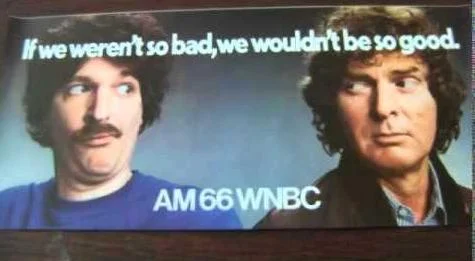 a no-brainer. Radio did it throughout the 80’s and 90’s – and it sure didn’t hurt the industry or its status in its local markets.
a no-brainer. Radio did it throughout the 80’s and 90’s – and it sure didn’t hurt the industry or its status in its local markets.
And you never know. It could start a wave. Station A actively promotes its superstar morning show, and Stations B and C just might feel compelled – or even pressured – to do the same. Next thing you know, you’ve got an enthusiastic radio war in the market.
Game on.
- Media And Technology In 2025: Believe It Or Not! - April 18, 2025
- In Radio, You Just Never Know - April 17, 2025
- The Secret To Making A Great Podcast (And Great Radio) - April 16, 2025




Real Radio: Always essential to have at least one Star of the Show! (If not the entire Air Force). Once again, thank you for a great, timely article!
Appreciate you, Clark.
Great article! We don’t know the revenue stats of the KC NFL team (or any other off the top of our heads)-but the NFL has grown to be a behemoth in the business world. Owners aren’t putting 80% to the bottom line (are they?)- and most NFL teams are run like small businesses. It might benefit radio to alter its business plan, go private and invest in the product rather than to milk it. The 3 most important letters could be ROI. The managers should invest in the talent in marketing the station to keep the human element in it. Talent shouldn’t ask for the moon in negotiations. They should invest in their success as well by making sure they ARE the franchise of the station. It goes both ways. Rush Limbaugh, Howard Stern, Ryan Seacrest. They all worked hard to get where they were (are) and in the case of Howard and Rush they’re yet to be replaced. Someone posted recently the dilemma that media faces today. The competition is not either or, but additive. The best will rise to the top as always. We just have to find them.
Good stuff, as always, Dave. Thanks for chiming in on this.
Glad to see you include the line, “Talent shouldn’t ask for the moon in negotiations,” Dave. I had that same thought while reading. Seems there should be at least SOME appreciation for the stations and management and companies that may have taken a chance that paid off and made those superstars superstars. Think of the pressure across the board–especially on the sales staff–to generate that much more additional revenue. True, now the stations are the ones in need of those superstars, but at one time, it likely was the other way around. It’d be nice if both sides could remember that.
Sometimes the best are different and we as a business are so afraid to find that next thing: look at Howard and how people treated him… this is so true but so few do this in practice!
Radio talent feels underappreciated because they are. That’s why they aren’t marketed (to be fair, very little in radio is) and why there’s no real minor leagues for talent. Local personalities and connections consistently show in research as the top reason people listen to radio, but radio has reacted to that like a PD adding its worst testing songs to its power rotations. in fact, radio has pretty much hung its hat on “the best hits of the 80s, 90s and today” in various permutations of exactly the same thing only different.
Go figure – for some reason, radio’s high six and low seven figure honchos are making mistakes that college freshman in a marketing 101 class could recognize. Matt Siegel, Gerry House and Tom Bernard retired, Imus is dead, Howard is long gone and who is on deck to replace them? Say what you might about Joe Rogan, but he’d be a great radio morning host, but he isn’t. None of this makes sense to me, or to anyone I know. Can someone explain it?
I’m struggling right along with you, Bob. The pipeline dilemma is real. So is retaining the great talent still with us and keeping them happy. In many cases, they are the franchise.
I was listening to the local classic hits (or is it classic rock) station on Saturday afternoon when it was live and not voice tracked. Couldnt believe I heard a pre-recorded weather forecast! Alright I admit nothing going on with the weather on Saturday. But one of the things I like to hear with the weather is how it relates to me (the listener) even if it is nothing. And if storms are predicted and a your heading out to local event “x”…thats one of the definitions of live and local to me.
So its not just the morning show that is relevant, dont forget about the casual listener too.
I cant get over how much Mahomes looks like Jake, from State Farm.
Thanks, Jerry.
KVIL ditched 2 talk shows and TikTok songs ratings tanked to a record low of 1.1. Local listeners rallied on social media for Camfield. Camfield was rehired to middays and was able to get listeners back with his creative story telling, humor and his All request lunch hour. Ratings have soared to 3.5.
Camfield is now on 4 stations for Audacy. 3 alternative and 1 classic rock.
It never surprises me how a strong talent with passion can enhance a station’s music position. Tee, thanks for sharing this story.
AMAZING READ! Insightful and so true. We overthink this biz when what works is connection personality and how connected you are to a community on air socially and most importantly how you make people feel. They will NEVER FORGET THAT! I’d be interested to see how feel about our show and if we have that potential. We are really finding our groove here in the Hot Talk, Rock and ALT realm… I think our show has potential to be a Dave and Chuck or A Mike Calta like show one day. I know you are busy but I’d love to see if you feel we fit this profile, I’d say we may be Trevor Lawrence aka on the upswing. Work to be done to get better and you always must read practice and learn (Scott Shannon told me this… when you stop learning you may as well quit! When you stop evolving you need to hang it up and when you think you are at the top, you are falling) Looking forward to your response. We welcome any input from anyone who thinks they could help us grow!!!
-Rizzo and Jeff
https://www.iheart.com/podcast/1248-rizzo-jeff-94435503?cmp=ios_share&sc=ios_social_share&pr=false&autoplay=true
Hey guys, good to hear from you on this post (you may enjoy Mike Stern’s “take” on Tony Romo in today’s post). All good advice for personality shows. As I note every year at Morning Show Boot Camp, the desire and attitude in that ballroom might surprise some in the C-suite who perhaps have become jaded about today’s talent. Thanks for the comment from the air studio.
Fred,
The converse of the Market Manager you wrote about was the CEO who could negotiate any talent deal during an elevator ride. I even heard about a time he hired somebody with two questions over the telephone one morning. I think the guy used to say something like, “I want you to get rich because if you get rich, I’m getting richer.”
But hey, times are tough now, so instead of rewarding successful talent now. Those who make too much are chased away.
“Spreadsheet cuts” strike me (I know, it’s not MY budget or MY station) seem so arbitrary and ultimately damaging to all parties. It’s like being punished for performing well. And I remember that CEO.